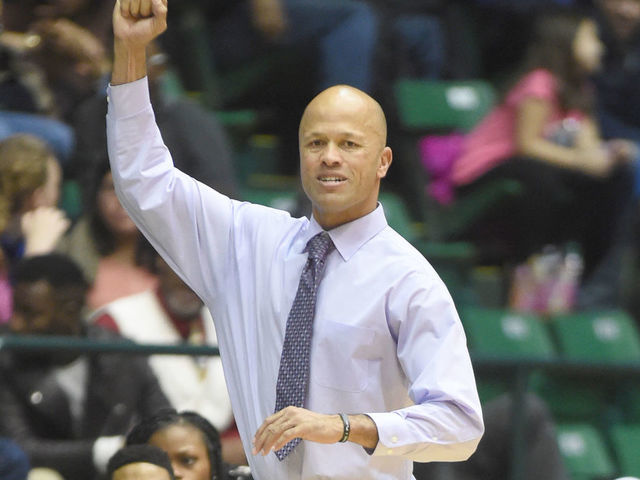
Are you one of those people who make it a point to tweet more than 100 times a day? Do you know anyone who does? Society is being formulated by new technology which leads to making applications to put it in use. Social Networking is one application to keep youth, even adults, constantly wanting more. But are these networks making it harder for people to be real?
Facebook began at Harvard University by Mark Zuckerberg in 2004. The network was initially designed for Harvard students, and then later expanded to all colleges and universities, and now anyone in the world may join. Twitter, founded by Jack Dorsey in 2006, has also become one of the most popular social networks. Twitter allows users to give a brief bio, and constant statuses with the question “What’s happening?” This is where the bogus characteristics occur. People use these networks to reinvent themselves, or even imitate someone they idolize. However, the profile changes are not the only phony details. Friend requests, statues, usernames and all the interactions including “likes” of statues and pictures, can also be characterized as fake.
Both Twitter and Facebook raise inquiry about the people who use them. Do people really send friend requests to their friends? Or are they foe requests? How many of you have over 100 pending friend requests on Facebook of people you know or see every day? Facebook has redefined the term “friend” and replaces it with fraud. I know I am one of those people who have over 1,000 so called friends on Facebook but only know less than half personally.
One of the most interesting characteristics of fakeness is the use of social networks to find a “boo”. Your approach has to become more creative than a message saying “Hey Beautiful” or an instant message asking “Why you up this late”. It is not okay to use these networks as a crutch when in actuality you have no confidence.
There are also the Facebook “diss” pages made by people who wish they were in the shoes of all the people they mortify. Please refrain from bringing others down because you cannot get over your own insecurities. At the end of the day you’re still you, and the opinions of others should not matter.
What about the lurking on twitter? Do you follow someone you do not like? There has been so much “twitter beef” which proposes the question is it really “just twitter?” Subliminal messaging has to be the most controversial topic on twitter. When subtweeting occurs, it only proves how scary or cowardly a person is. That is so petty and unnecessary, just be real. I believe some of our peers really believe they are the people they depict on Twitter, Facebook or whatever new social network is out.
All these questions propose the primary inquiry; do social networks construct fake personalities? I would say yes. By observing the facades and small-mindedness that out peers display, you would agree that social networks alter personalities.
Social networks are not all bad; you can get important information quickly and unite as black people, (a popular Twitter hash tag) let’s one tweet and status at a time. I believe that superfluous issues will be avoided if we simply accept who we are. In the words of Mahatma Gandhi, “We have to be the change we want to see in the world”.



